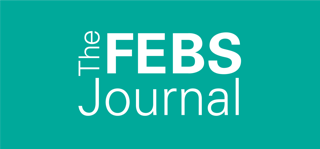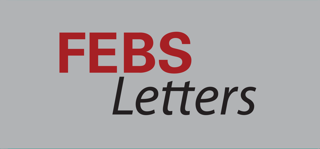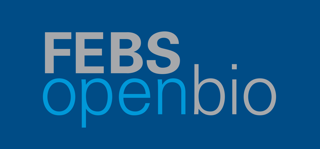Cell biology and biological chemistry have recently increasingly turned their attention to the space between cells and revealed an elaborate network of macromolecules essential for structural support, cell migration, adhesion and signaling. Upon interactions in the extracellular space, these macromolecules affect the extracellular matrix (ECM) dynamics and via cell receptors communicate with the cellular compartment. Mutations and structural alterations of matrix macromolecules affect the functionality of the matrix network and it has been demonstrated in vitro and in vivo that such changes are closely related with the development of common diseases, such as cardiovascular disease, cancer including metastasis, and diseases affecting the musculoskeletal system as well as more rare conditions.
Issues related with matrix organization and assembly, cell adhesion, matrix-mediated signaling, as well as the matrix macromolecular effectors, namely integrins, proteoglycans and glycans, novel collagen types, growth factors and metalloproteinases and other matrix degrading enzymes that affect the cell behavior, will be the target of this 5th ALC. These topics are of great importance to understand the maintenance of normal tissue homeostasis and disease initiation and development, signaling elicited by interactions of cell surface receptors with matrix components and growth factors and rapid and sensitive structure analysis and cell imaging methods.
An important goal of FEBS-MPST courses is to bring together scientists from biochemistry, life sciences and molecular cell biology on an important and fast growing scientific field. The benefits of the course will provide participants with the advances of the field, a new understanding of the matrix-mediated cell signaling, new technology for unraveling molecular structure and function as well as how this can be used to study alterations in tissue in disease. The participants will gain information that can be applied in their academic environment and research institutes. For such a purpose apart from invited lectures, tutorial, selected talks from young fellows, poster sessions, panel discussions and speaker corners (meet the experts) will be organized.







